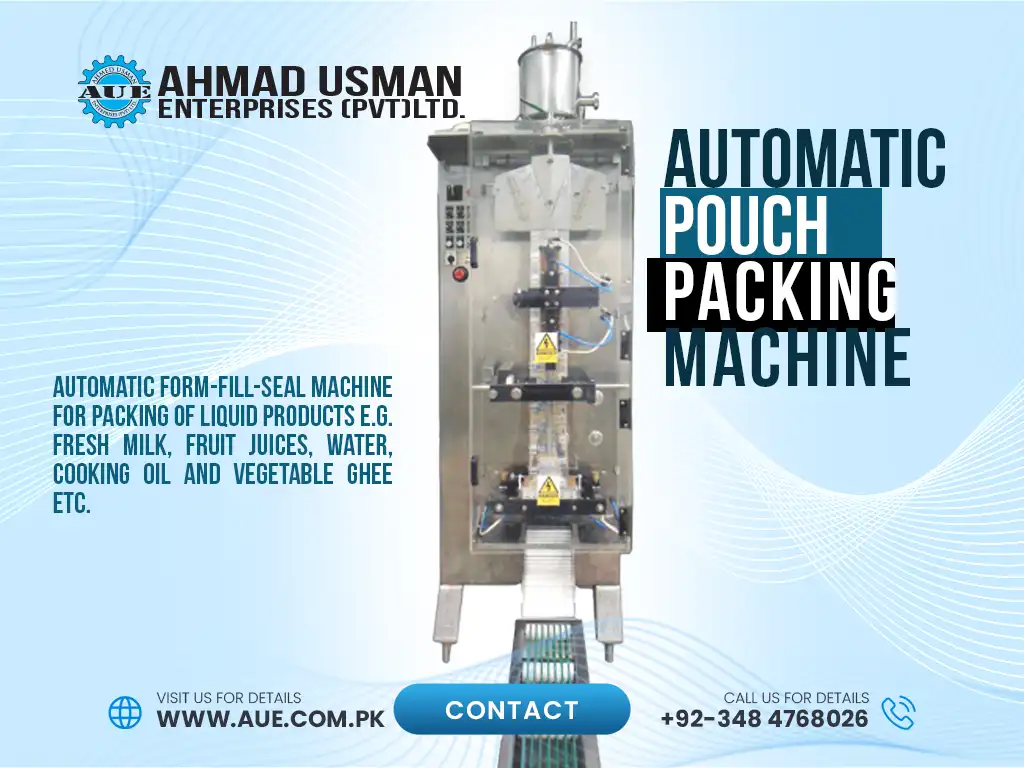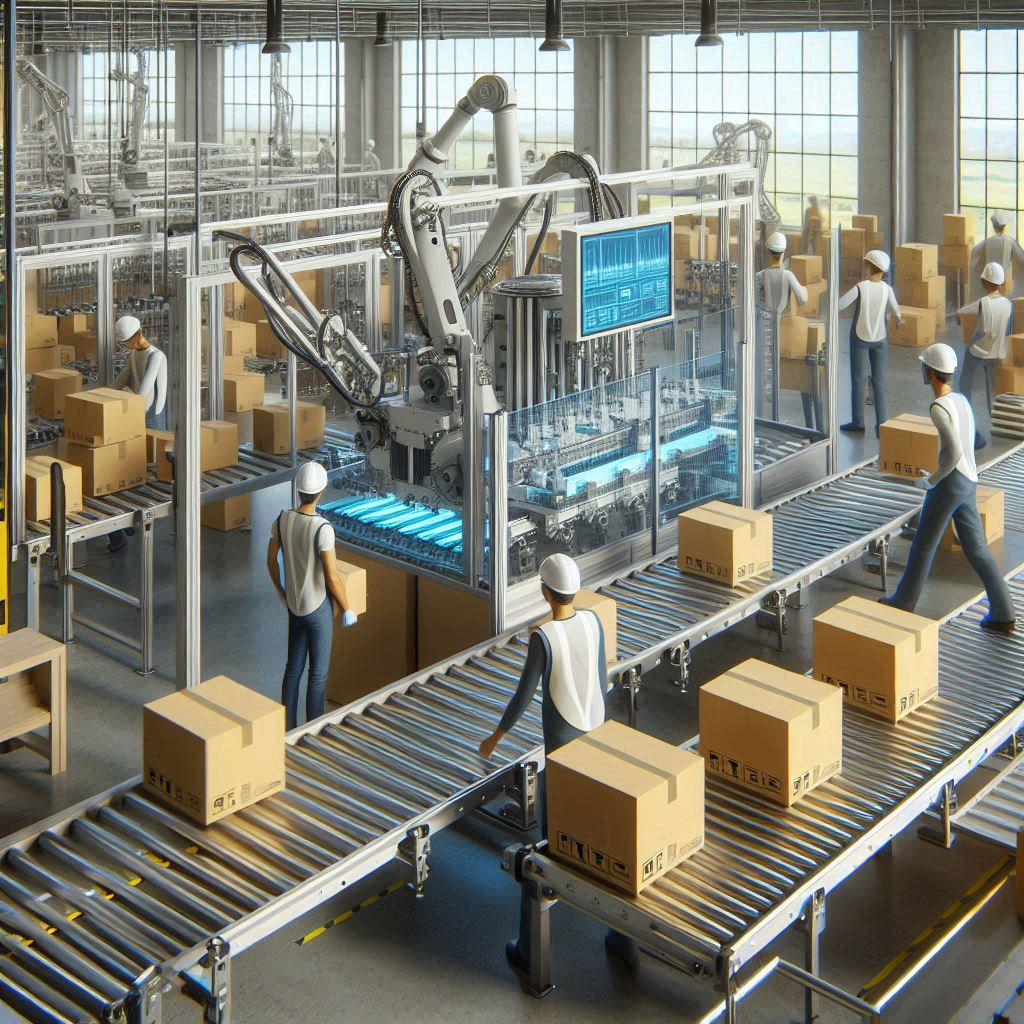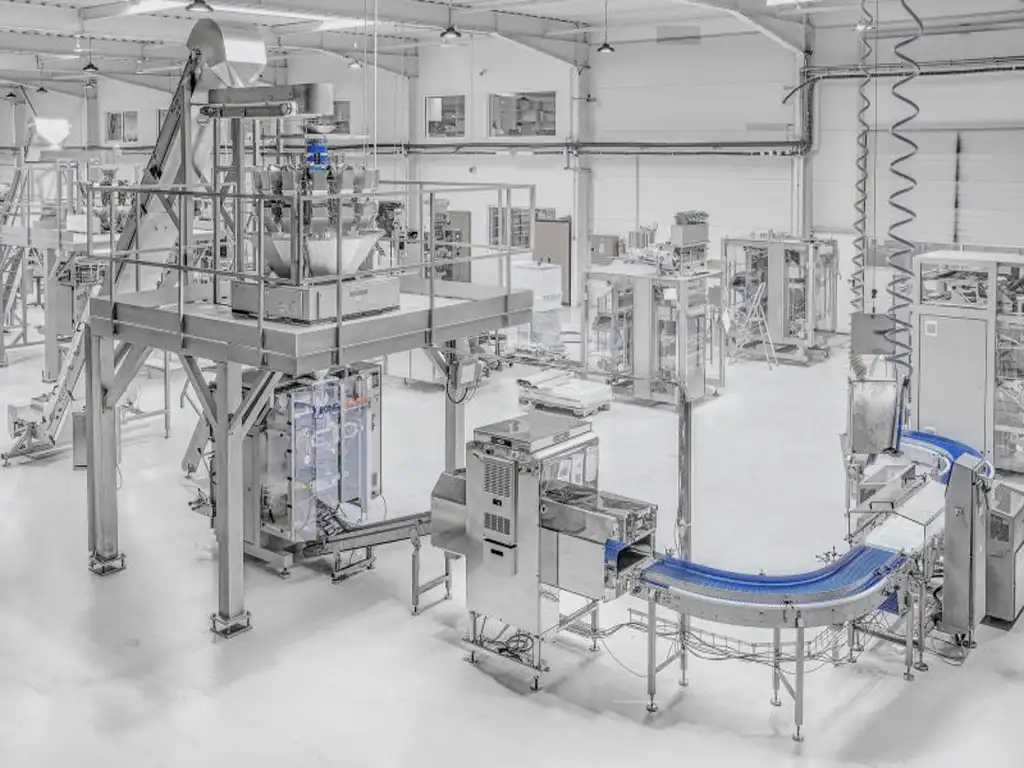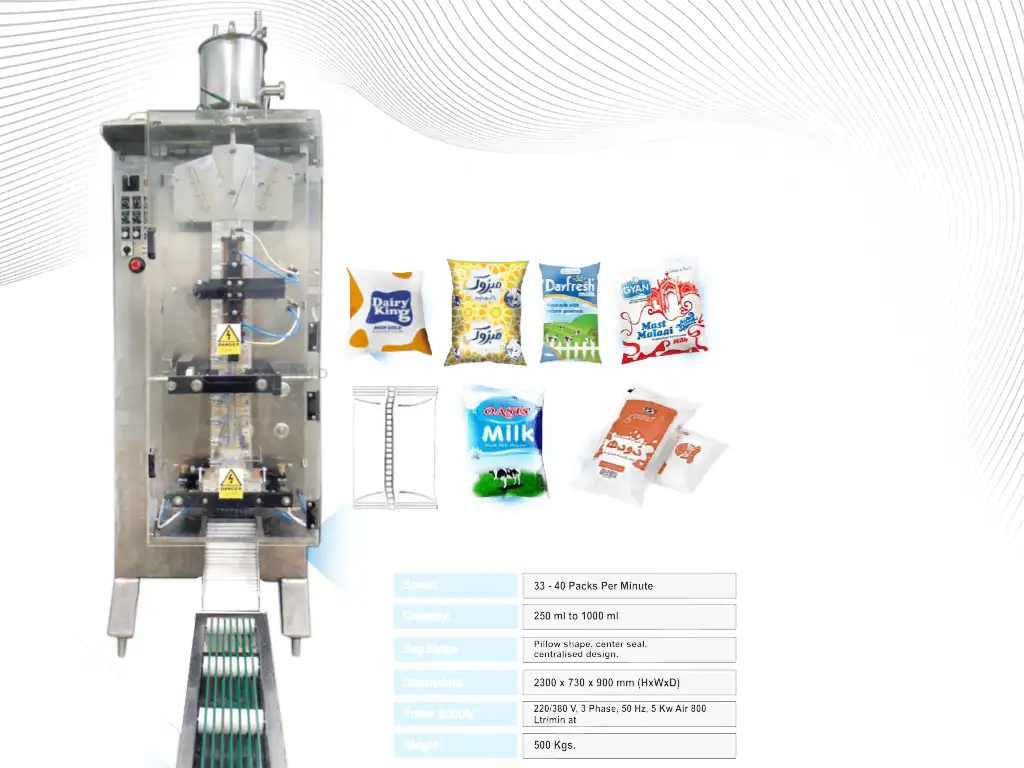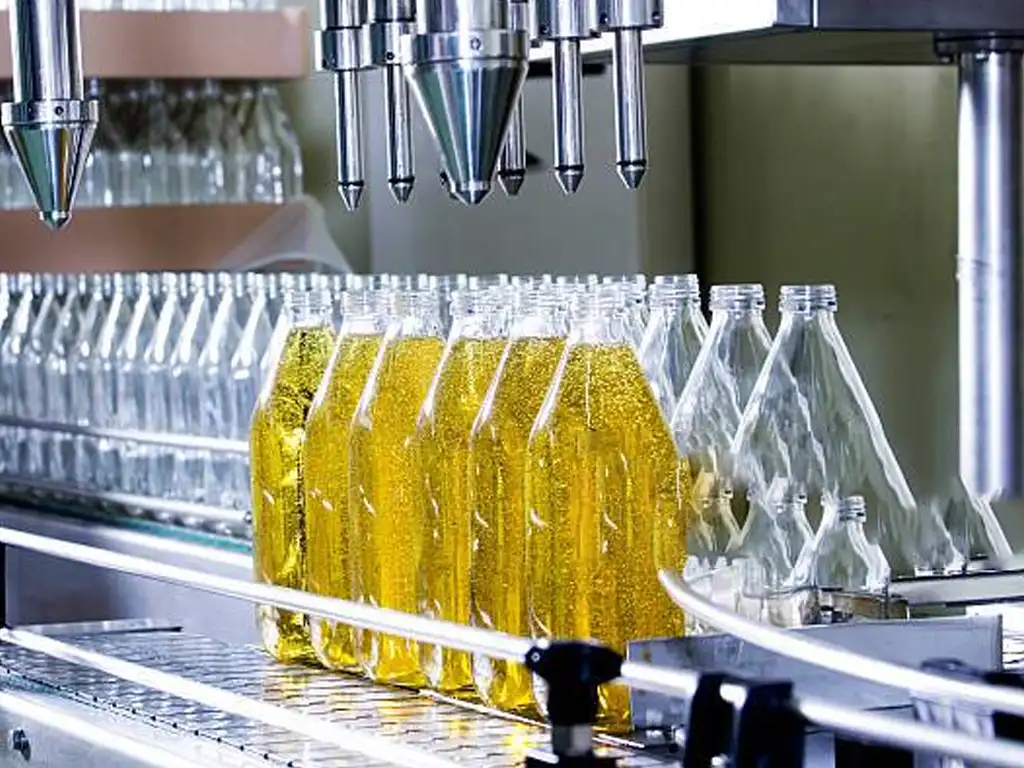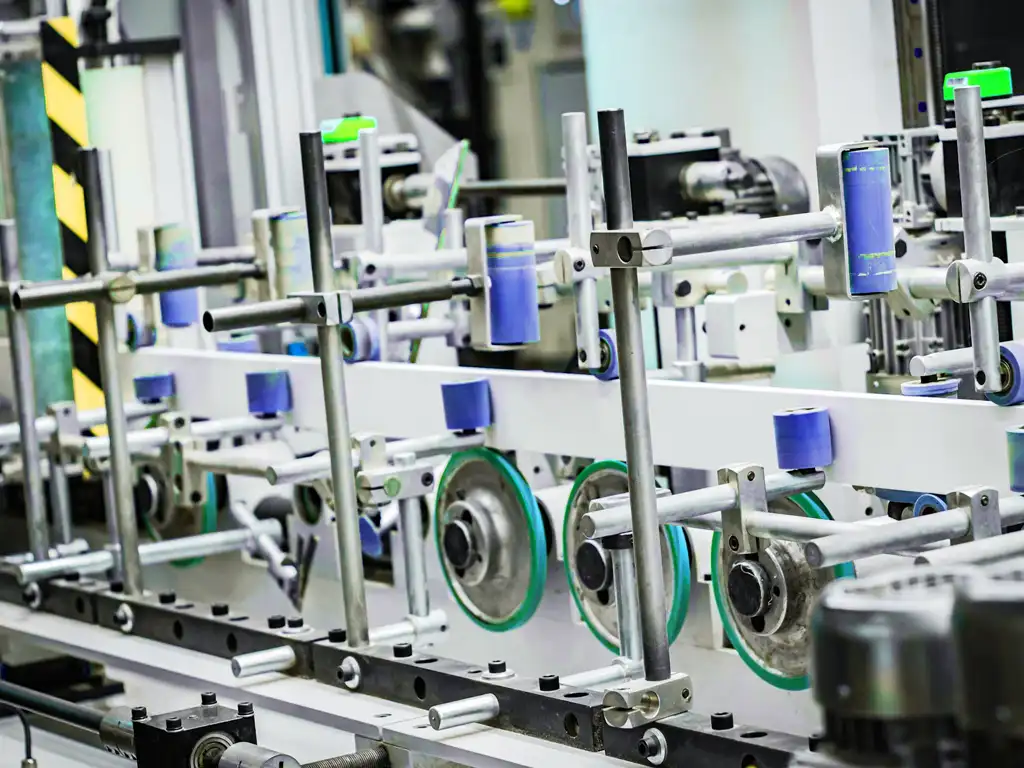Efficient Solutions for Oil Packaging Needs
Introduction In the fast-paced world of the oil industry, efficiency and precision are paramount. An…
Packinging Solutions for Industries
At Ahmed Usman Enterprises Private Limited, we pride ourselves on serving a diverse range of…
Guide to Innovative Packaging Solutions: Elevate Your Brand and Efficiency
In today’s highly competitive market, the role of effective packaging cannot be overstated. Packaging solutions…
Everything You Need to Know About Pouch Packing Machines
Everything You Need to Know About Pouch Packing Machines Introduction Pouch packing machines have revolutionized…
Oil Packing Machines: Efficiency and Innovation in Packaging
The Ultimate Guide to Oil Packing Machines: Efficiency and Innovation in Packaging In the competitive…
Pouch Packing Machines: Revolutionizing Packaging Efficiency
In today’s fast-paced industrial landscape, the need for efficient and reliable packaging solutions has never…
Packing machines play a crucial role in the manufacturing process of various industries such as food and beverage, pharmaceutical, and consumer goods. They are designed to efficiently and accurately package products into containers or bags, making them ready for distribution and sale.
Manufacturing a packing machine requires careful consideration of various factors such as the type of product being packaged, the packaging material, and the desired packaging format. The machine must be designed to handle the specific requirements of the product while ensuring the packaging process is efficient and reliable.
One important aspect of packing machine manufacturing is the selection of materials. Machines need to be made from materials that are durable and corrosion-resistant, such as stainless steel, to ensure they can withstand the harsh environment of the production line. Additionally, the materials used in the machine must be compliant with relevant industry standards and regulations.
Another important consideration is the automation level of the machine. Fully automated machines offer increased productivity and efficiency, reducing the need for manual labor and minimizing the risk of errors. However, these machines can be more expensive and require more maintenance. On the other hand, semi-automated machines are a more cost-effective option, but they require more manual intervention and may not be as efficient.
When manufacturing packing machines, it is also essential to consider the specific needs of the customer. Each customer may have unique requirements that need to be incorporated into the design of the machine. For example, a customer may require a machine that can package products of different shapes and sizes or one that can operate at high speeds.
In conclusion, the manufacturing of packing machines requires careful consideration of various factors such as materials, automation level, and customer requirements. By taking these factors into account, manufacturers can produce machines that are efficient, reliable, and meet the specific needs of their customers.
